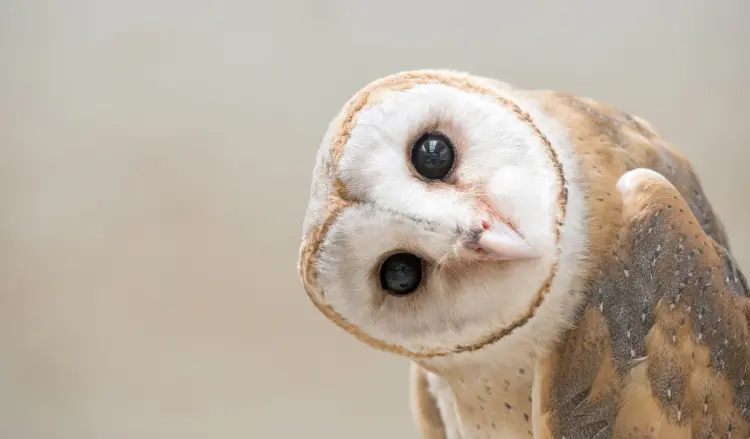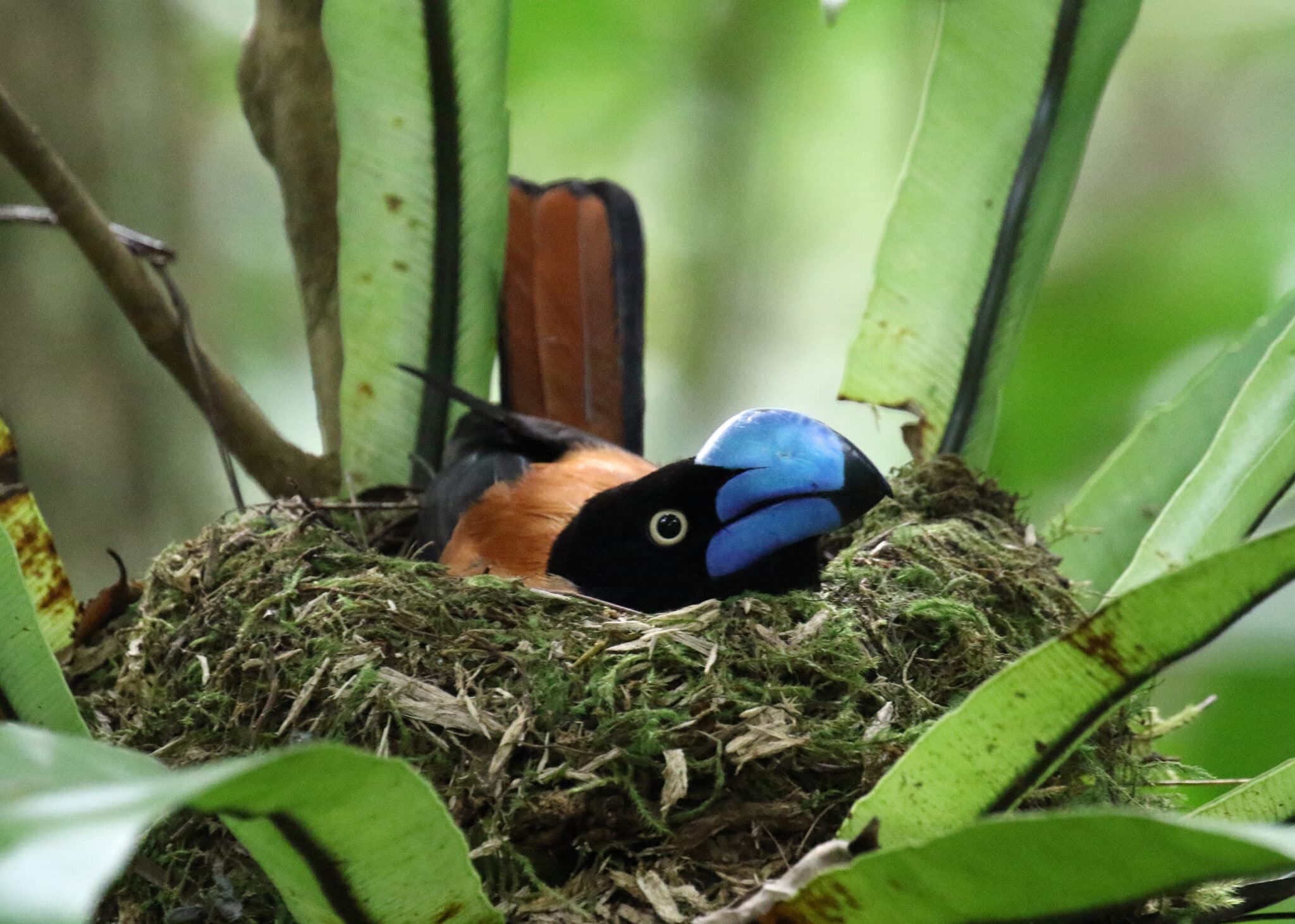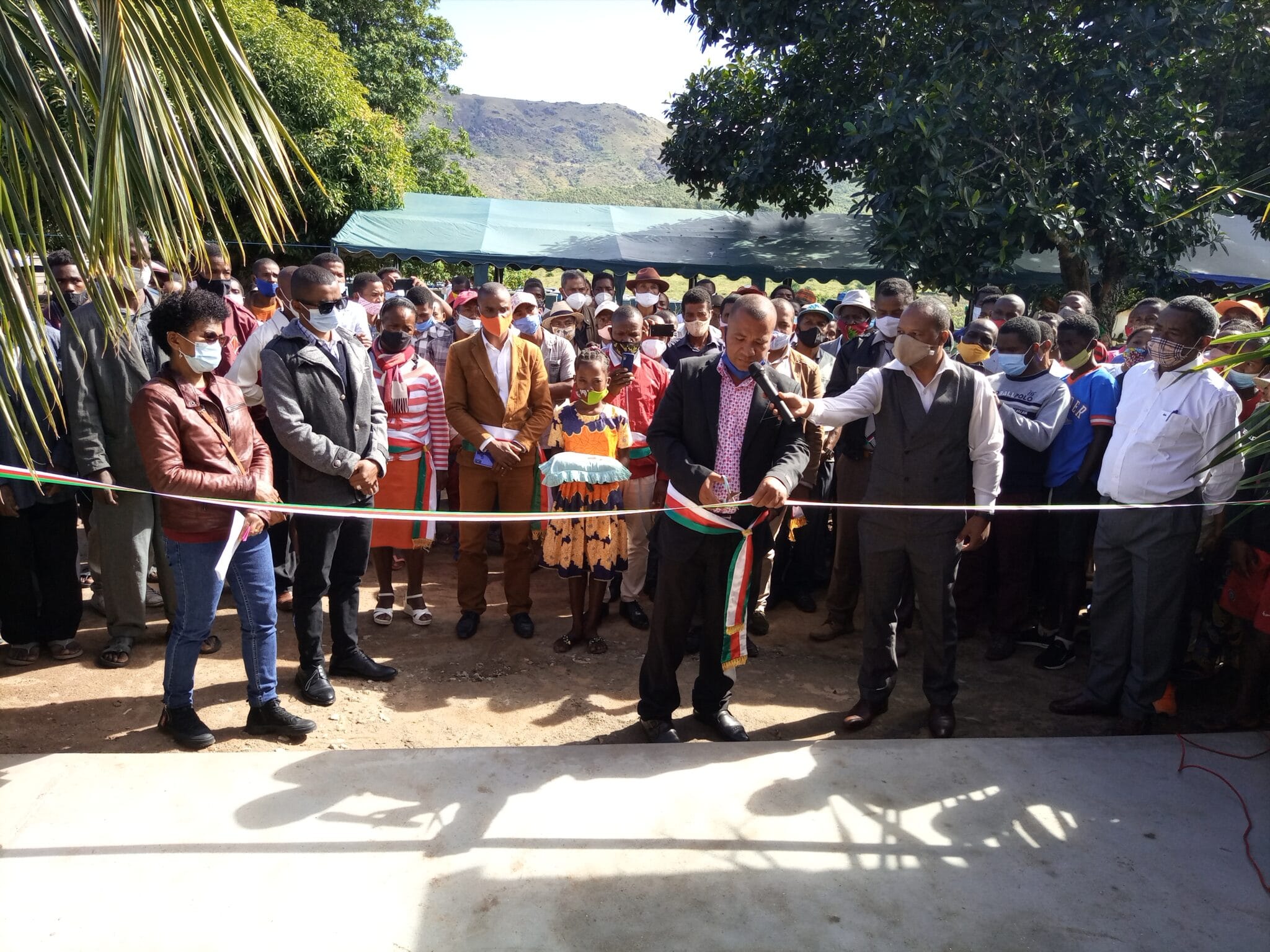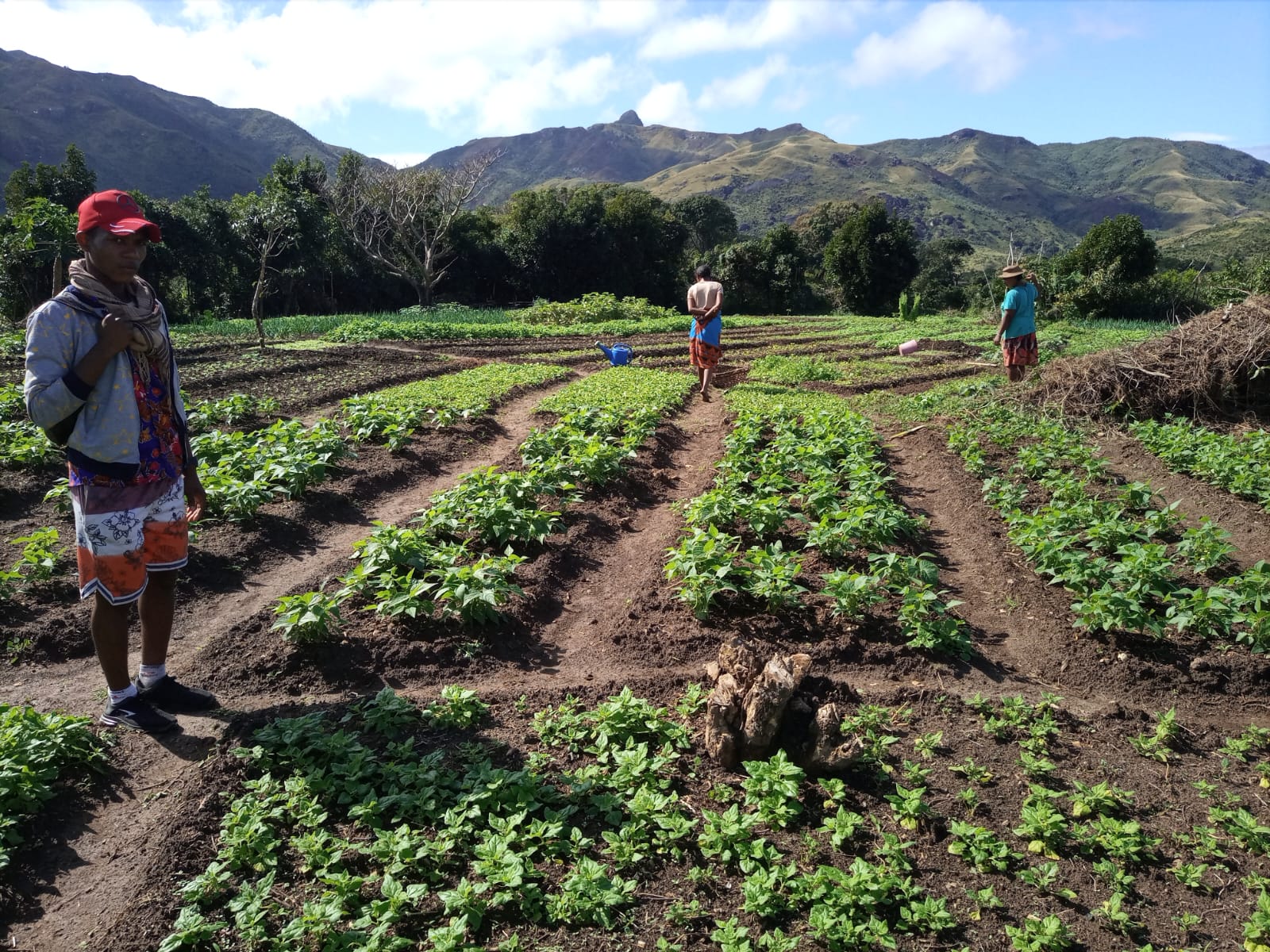Remembering Rado: leading figure in Madagascar’s environmental movement passes away
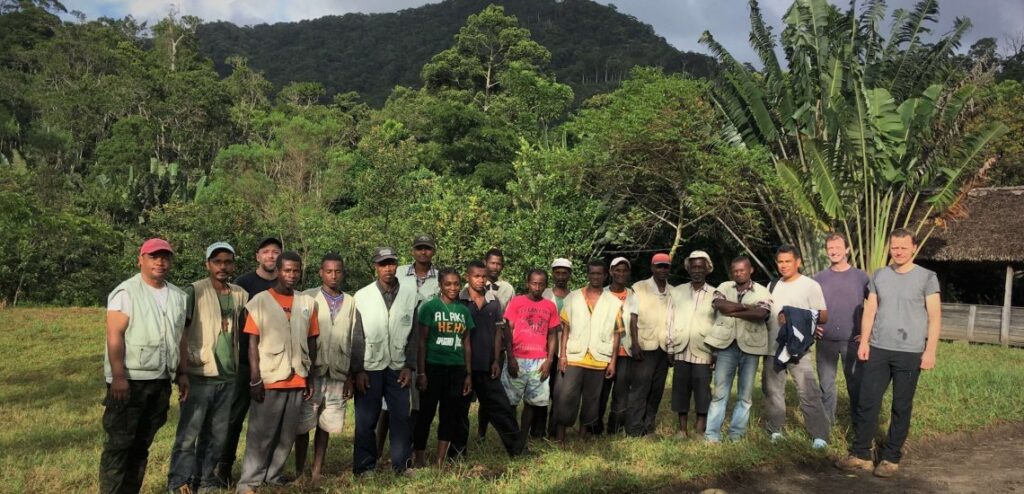
Obituary in honour of Rado Andriamasimanana (1969-2021) of ASITY Madagascar, whose influence, expertise and characteristic smile leaves a strong imprint on conservation in Madagascar
By Roger Safford
Obituary in honour of Rado Andriamasimanana (1969-2021) of ASITY Madagascar, whose influence, expertise and characteristic smile leaves a strong imprint on conservation in Madagascar
Rado Andriamasimanana was a leading member of the generation of Malagasy scientists and conservationists who made conservation in Madagascar a truly national pursuit as part of the country’s sustainable development. His personality brought many a smile to all who knew him and throughout his career he combined forces with visitors, expatriates and his fellow-countrymen alike. Rado’s blend of skills was unique, and his passing is a terrible blow to conservation and loss to his many friends in Madagascar and worldwide.
Rado was born and educated in Antananarivo, passing his Baccalauréat at the Lycée Faravohitra and his Diplôme d’Etudes Approfondies at the University of Antananarivo. He began his working career while completing his qualifications, in January 1997 becoming part of the team set up by BirdLife International to set up a country office and carry out Projet ZICOMA, an ambitious programme of fieldwork and desk study to identify and document the Important Bird Areas of Madagascar.
As Deputy Head of the field team, Rado visited every corner of Madagascar, observing places and species seen by few other scientists, such as Madagascar’s highest mountain, Tsaratanàna. Frank Hawkins, the project’s technical adviser at the time, recalls: “While camped there in a high-altitude clearing the team was relaxing after dinner, when a strangely strangulated bird was heard. Rado leapt up, having deduced it must be the call of the Madagascar Red Owl Tyto soumagnei, even though he (along with virtually the entire ornithological community) had never heard it before. The owl duly flew across the clearing, to the great excitement of all. The smile on his face at this chance encounter sticks strongly in my mind – a smile (usually accompanied by a throaty chortle) that was one of his strongest characteristics.”
As well as being a first-rate field ornithologist, Rado also showed his mastery of scientific interpretation and analysis, as well as of the logistics of working in some of the most challenging environments and situations. To this, Rado showed great dedication: when carrying out surveys on the coast, he and a colleague decided that the best way to guard their small boat overnight would be to sleep in it; this indeed proved successful in preventing theft of the boat, but not of its anchor, and the duo, having slept surprisingly soundly, awoke adrift at sea. They made it back to play their part in producing the national Important Bird Areas directory published in 1999 and a chapter in the Africa-wide compendium – this was a conservation milestone in Madagascar, and precursor to the ongoing Key Biodiversity Area analysis that set the priorities for the tripling of Madagascar’s Protected Area network since then.
Rado then took up a post at a training and consultancy centre for environmental impact assessment, GIS and remote sensing, where he honed his skills in these technical areas. But as the BirdLife Madagascar Country Programme expanded into conservation projects following the priorities that Projet ZICOMA had identified, Rado rejoined in 2003 with the unusual twin roles of GIS and fundraising officer – the latter referring more properly to the development and formulation of detailed project descriptions. Rado mastered (like few others at that time) the art of logical frameworks, objectively verifiable indicators and the like, immaculately packaged and presented, which helped to bring in the funds and disciplined planning needed for the successful work of the BirdLife team.
When the work of the BirdLife programme was taken over by the national Malagasy NGO, ASITY Madagascar (which became the BirdLife Partner), Rado was immediately recruited to continue in a similar role as he had done so successfully for BirdLife. ASITY had itself been created after the first workshop of Projet ZICOMA in 1996; it was attended by Rado, who became one of ASITY’s founding members. Rado was a strong believer in the use of technology to support conservation, but was truly ‘polyvalent’ (multi-skilled) and respected inside and outside ASITY Madagascar for his experience and wisdom on all matters. For myself, in my role of supporter and promoter of ASITY Madagascar’s strengthening, his clear and forceful explanation of the challenges of applying ‘northern’ models for NGO funding and participation in the south were unforgettable and well taken.
Ever thirsty for fresh challenges, Rado undertook, and in 2011 passed, a PhD on Environment and Biodiversity at the Polytechnic High School of Antananarivo (ESPA), a part of the University, on the impacts of climate change on ecosystem services of the Mahavavy-Kinkony wetlands. Alison Cameron, PhD co-supervisor with Professor Eddy Harilala Rasolomanana, remembers not only his scientific success, but also how he was both ingenious and strategic in putting his supervision team together, to draw together finance and technical expertise. The work resulted in several joint papers including a disturbing study on the likely effects of climate change, suggesting that this may contribute to several Malagasy lowland rainforest bird species, including the legendary Helmet Vanga Euryceros prevostii, losing over 90% of their original ecological niche by 2050. This led Rado to a second job, as lecturer at ESPA on all courses concerning the environment and conservation biology, allowing him to impart his knowledge and enthusiasm to a new generation of Malagasy scientists.
A dedicated father to his three children, Rado’s love and concern for his family was always apparent but never overbearing. Visitors often carried special purchases (he could be hugely persuasive and had us hunt down some quite odd things) out to Madagascar for him or his family – the gratitude made the effort a pleasure.
Rado’s life appears to have been cut short by COVID-19. As I write this, some countries are now emerging from restrictions put in place to cope with the COVID-19 pandemic. Let those of us who are in such a position not forget the countless millions who are less fortunate, and not rest in our support until this blight, born of humankind’s abuse of the planet’s resources, has passed. And may Rado’s remarkable legacy of conservation, infectious enthusiasm and professionalism endure in Madagascar.
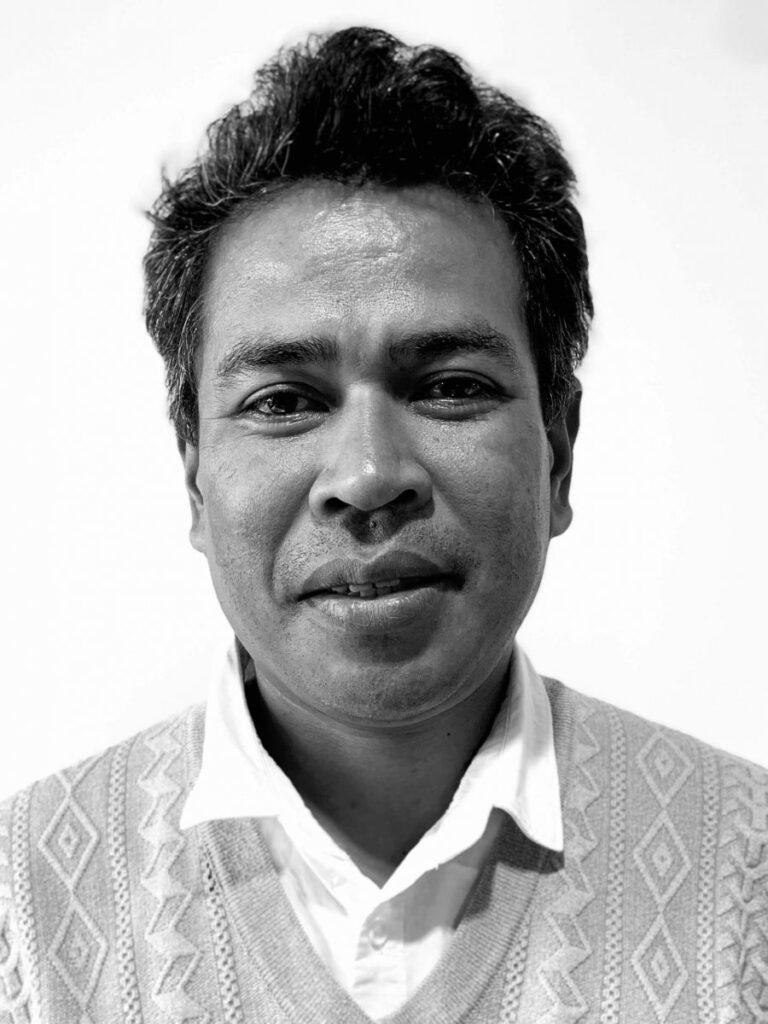
“The smile on his face at this chance encounter sticks strongly in my mind – a smile (usually accompanied by a throaty chortle) that was one of his strongest characteristics.”
– Frank Hawkins

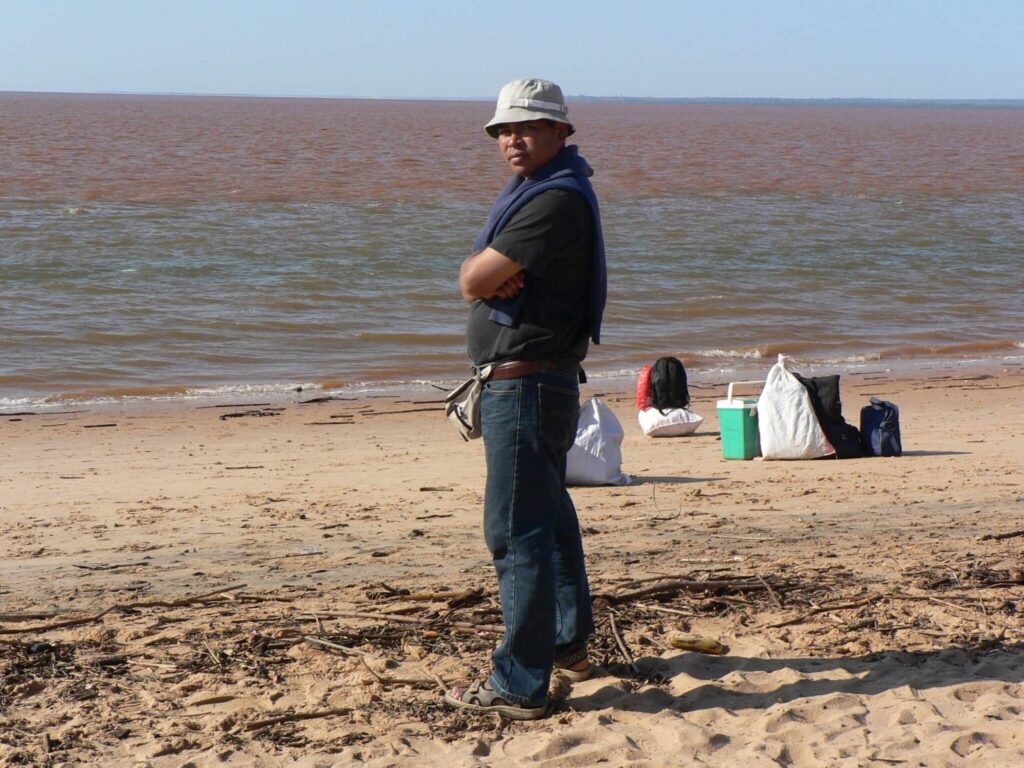
Stay up to date
Sign up to receive the latest bird conservation news. You’ll also receive updates about our projects, science and other ways to get involved including fundraising.
Thank you for your support, we are committed to protecting your personal information and privacy. For more information on how we use your data, please see our Privacy Policy. You can unsubscribe from emails at any time by using the link in the footer of any email from us.
